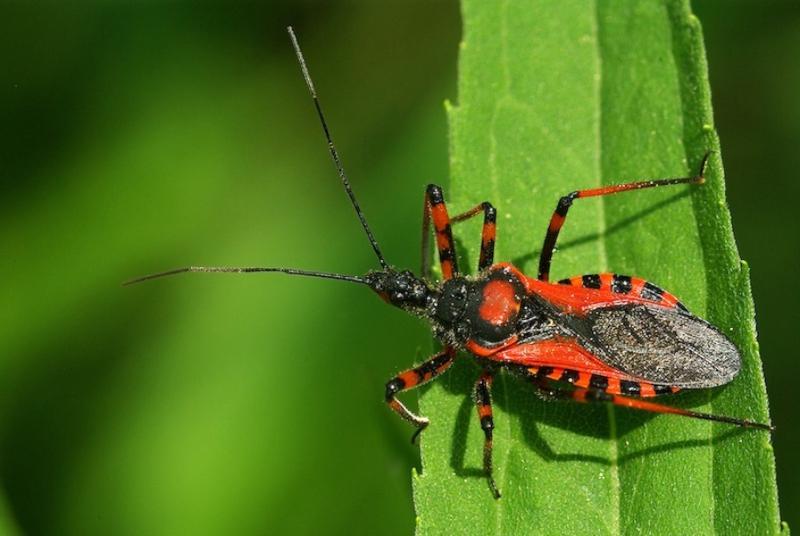New vaccine against Chagas disease developed by Tulane University
Tulane University researchers are working on a new Chagas disease vaccine that prevents lasting heart damage, a long-term complication from the tropical disease.
A new pre-clinical study published in the Journal of Microbiology, Immunology and Infection shows the vaccine safely protected heart function in non-human primates, a critical step in moving the research forward to human clinical trials.
Chagas disease is a parasitic disease transmitted predominantly via kissing bug bites. In the Americas, the disease affects 6 million people in 21 countries. Approximately 30,000 new cases arise each year and 14,000 people die from Chagas disease annually.
“Chagas disease is a major parasitic disease in the Americas,” said lead study author Eric Dumonteil, PhD, associate professor of tropical medicine at Tulane University School of Public Health and Tropical Medicine. “If left untreated, patients may develop chronic cardiomyopathy, characterized by heart arrhythmias of increasing severity, leading to heart failure.”
There is no vaccine for Chagas currently available. Medications can be effective if administered quickly, but the treatments have limited efficacy as the disease progresses.
“We are developing a therapeutic vaccine aimed at preventing, or at least delaying, the progression of cardiac disease in infected patients,” Dumonteil said.
Microbiologist Claudia Herrera, PhD, and virologist Preston Marx, PhD, also from the department of Tropical Medicine, participated in the study, which was conducted at the Tulane National Primate Research Center. Technical support was provided by medical research specialist Kelly Goff.

